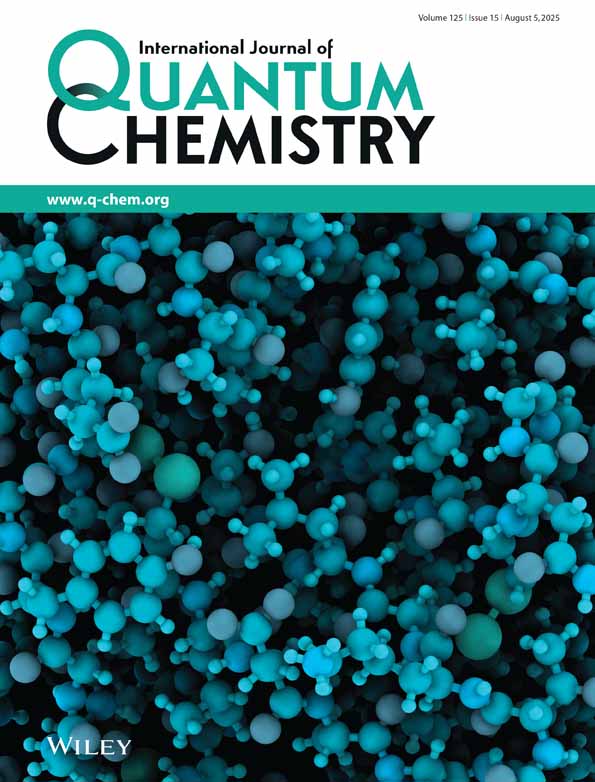A density functional elongation method for the theoretical synthesis of aperiodic polymers
Abstract
The elongation method, a theoretical tool to synthesize the electronic states of polymers, is applied within the framework of the density functional approach and using a linear combination of Gaussian-type orbitals. In this treatment, the wave function of a cluster is localized and the interaction with an attacking monomer is self-consistently calculated according to the Kohn–Sham equation. The reliability and the applicability of our treatment are examined by the application to a random hydrogen molecule cluster, comparing the results with those obtained by the usual diagonalization method for the whole system. The results show that this treatment efficiently provides the electronic states of the end part of aperiodic polymers. © 1994 John Wiley & Sons, Inc.




